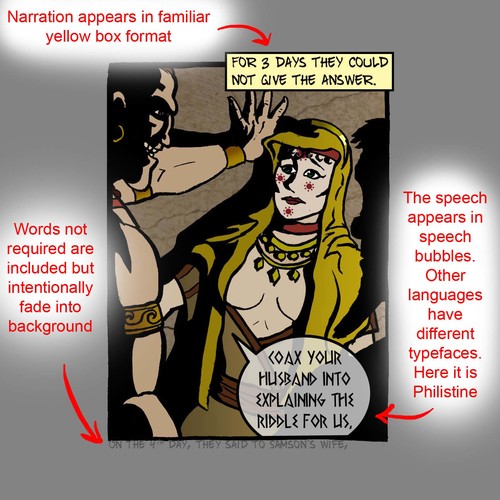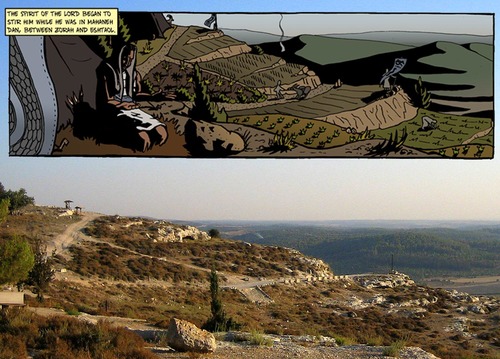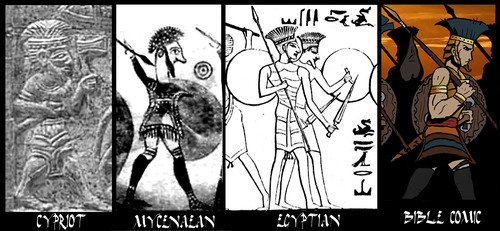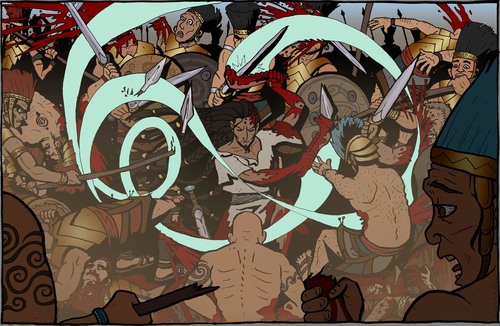Ever wonder if Jesus would be out there holding a sign with those “Christians” who condemn homosexuals to hell?
I think He would be … only here is the sign He would be holding:

Love it? Hate it? Let others react to it by sharing it with the buttons below…




 People often assume that we must determine whether or not God exists before we can raise the question of what this God is like.
People often assume that we must determine whether or not God exists before we can raise the question of what this God is like.
 All three of my girls are currently reading
All three of my girls are currently reading 





 The Jesus I read about in the Gospels has compassion on the multitudes when they are hungry. Would this same Jesus give praise to God if He were on the boat with Noah while mothers and babies screamed on the outside as they were dragged to a drowning death?
The Jesus I read about in the Gospels has compassion on the multitudes when they are hungry. Would this same Jesus give praise to God if He were on the boat with Noah while mothers and babies screamed on the outside as they were dragged to a drowning death? 

 This interpretation of the cross makes God once again the violent perpetrator of this most violent of crimes. According to this view, God ordained the death of His Son because God demands the blood sacrifice of an innocent victim to appease His anger toward sin.
This interpretation of the cross makes God once again the violent perpetrator of this most violent of crimes. According to this view, God ordained the death of His Son because God demands the blood sacrifice of an innocent victim to appease His anger toward sin. On the cross, Jesus removed the veil from the power of sin.
On the cross, Jesus removed the veil from the power of sin. How can a God who says "Love your enemies" (Matthew 5:44) be the same God who instructs His people in the Old Testament to kill their enemies?
How can a God who says "Love your enemies" (Matthew 5:44) be the same God who instructs His people in the Old Testament to kill their enemies?
